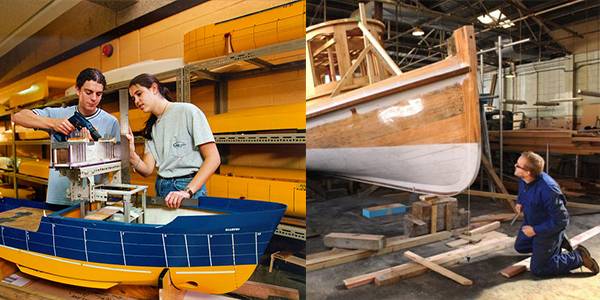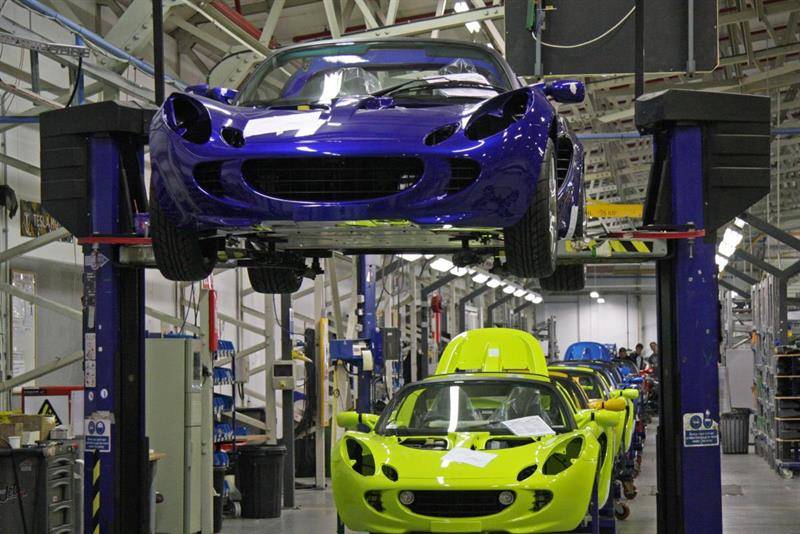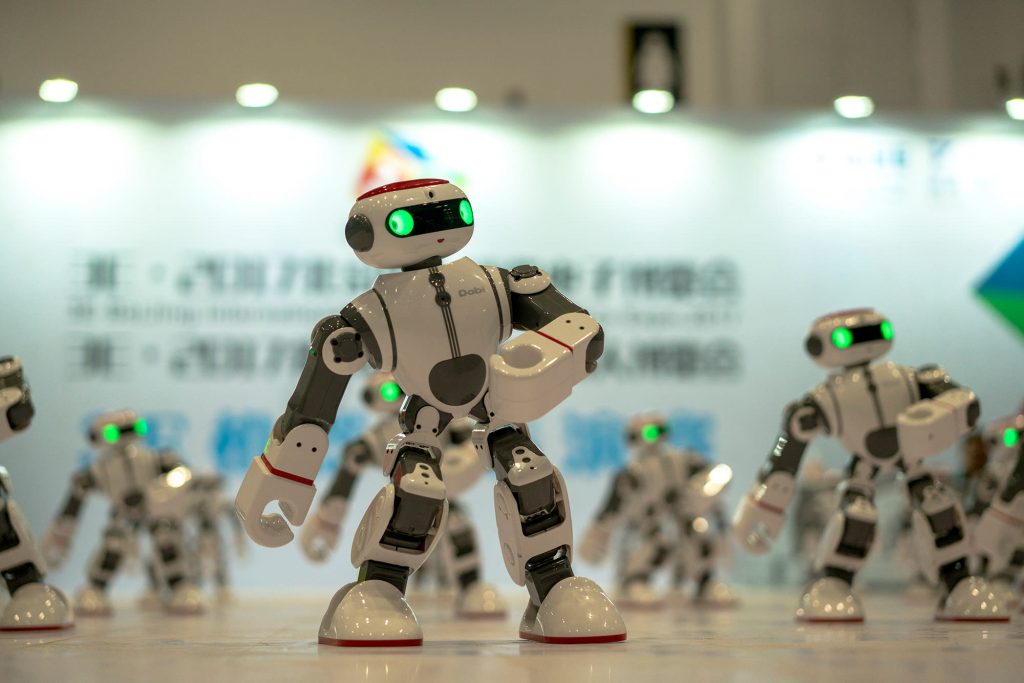Table of Contents
Upcoming Batches of Teen MBA: Online Course :-
| Batch | Mode | Price | To Enrol |
|---|---|---|---|
| Starts Every Week | Live Virtual Classroom | INR 15999 | ENROLL NOW |
So you’ve finally managed to toil through 2 laborious years of studying PCM- arguably the most difficult stream- of in itself- the most difficult curriculum on the planet, CBSE.
You chose the smarter path, you knew that by selecting PCM, you could pursue any profession of your liking. But now, all that time since your stream selection, do you feel intimidated by the career prospects lying ahead of you? Do you just want to finally find your niche- a profession you would love waking up every day to pursue?
Well worry not, my friend!
Here are the Top 29 Career Options for PCM, just for you.
1. Data Science-
Data Science is an amalgamation of mathematics, tools, algorithms, business decisions, and machine learning techniques that assist us in exploring hidden insights or patterns from raw data. Moreover, these raw data can have major wields in the formation of business acumen.
Data Science deals with the structured and unstructured aspects of data. Henry Harvin proffers an excellent platform to apply data science in real-world contexts. The trainers of the Data Science Course help the learners by exposing them to practical segments of data science.
2. Machine Learning-
Machine learning is a segment of artificial intelligence and computer science that deals with supervised learning and unsupervised learning. Moreover, it also includes the development of software and algorithms that can upshot based on data.
Henry Harvin’s Machine Learning Course helps you to comprehend data manipulation and summarisation from best industry practices.
Trainers give exposure to understand detection of financial spams, make medical predictions, focus on financial decisions, have precise sales forecasts, etc.
You can get 1- year membership of Henry Harvin with many benefits like E-learning Access, Brushup sessions, job support, etc.
3. Tableau Course-
Tableau is a data visualization program that is fabricated by Tableau Software. Tableau is one of the emerging Business Intelligence and data visualization tools that is very fast to deploy and easy to comprehend.
Henry Harvin provides Tableau training and certification programs that assist you in master Tableau Desktop, Tableau Prep Builder, and Tableau Online.
Henry Harvin’s Tableau Course brushes up your concepts with the regular Bootcamps sessions conducted every month. It gives you job assistance to brighten your future. Moreover, experts enlighten you with practical knowledge.
4. RPA-
Robotic process automation is a technology for streamlining business processes in the enterprise. Henry Harvin is ranked the best institute in India for software skills courses.
Veterans of Henry Harvin help you with a deep understanding of the latest RPA software tools. Learners can attend multiple sessions from multiple trainers and expedite their skills.
You can also learn Master RPA key concepts for designing processes and performing complex image and text automation. Get more exposure with Henry Harvin’s RPA Course.
Check out- RPA using UiPath Training
RPA using Automation Anywhere Training and Certification
5. Artificial intelligence-
Artificial Intelligence deals with the simulation of human intelligence in machines that are programmed to ponder like humans and imitate their actions. Moreover, it exhibits characteristics associated with the human mind. It is a branch of computer science that strives to replicate human intelligence in machine learning.
Develop your tech prowess by joining Henry Harvin’s Artificial Intelligence Course. Course facilitators will give you extensive training to understand the core concepts of Artificial intelligence. You can earn a rewarding certification with Henry Harvin. Improve your analytical and problem-solving skills with Henry Harvin.
6. Textile Engineering
Textile engineering courses deal with the application of scientific and engineering principles to the design and control of all aspects of fibres, textiles, and apparel processes, products, and machinery.
7. Geography and Earth Sciences
Earth Sciences deals with study and research in various fields and concepts of Geology, and the examination and utilization of natural resources- including their management, sustenance and conservation.
8. Naval Architecture Engineering

The course in Naval Architecture primarily relates to the design, construction or
maintenance of all types of marine vessels such as ships, boats, oil and gas tankers,
containers, passenger ships, ferries etc.
8. Metallurgy
Metallurgy is a field of materials science and of materials engineering that deals with the
physical and chemical behaviour of metallic elements and their mixtures called alloys.
9. Physical Sciences
Physical science is the study of physics and chemistry of nature. It overlaps life sciences in a way to include ecology and the evidence of historical facts of evolution.
10. Instrumentation Engineering

Instrumentation engineering is a branch of electrical and electronics engineering that deals with the study of engineering principles used in designing and assembling automated systems.
11. Archaeology
The course is a sub-field of anthropology. It exposes students to reconstruct extinct cultures from the artifacts as it studies the ancient and recent human past through material remains.
12. Meteorology
Meteorology deals in atmospheric studies to know and predict the weather and climate. It is the examination of the atmospheric and climate conditions affecting the earth and its population.
13. Industrial Engineering
Even though the term industrial engineering is originally applied to manufacturing, it has extended its service to fields like operations research, systems engineering, ergonomics and quality engineering.
14. Advertising

Advertising chiefly targets at creating demand, encourages marketing, and
establishes a direct contact between manufacturers and consumers.
The entire purpose of advertising is to apprise and influence public to purchase products and services. Advertising is done through TV, Internet, Newspapers, magazines, outdoor
Publicity.
15. Chemical Engineering
Chemical Engineering is development of chemical processes for converting raw materials or chemicals into valuable forms to enable large- scale manufacture.
It combines knowledge of chemistry and engineering for the production of
chemicals and related their by-products.
16. Statistical Sciences
Statistics is the study of data and navigating common problems for drawing correct
conclusions.
It deals with the interpretation and aggregation of large complex data into simpler data. It has been developed from the field of probability in mathematics.
17. Manufacturing Science and Engineering
Manufacturing Science and Engineering is the production of goods for use using labour and machines, tools, processing, or formulation.
18. Mass Communication
Mass communication is the course related to how individuals and entities relay information through mass media to large segments of the population at the same time.
It usually relates to newspaper, magazine, book publishing, as well as radio, television and film, as these mediums are used for disseminating information, news and advertising.
19. Cyber Security

Cyber Security deals with study of possible cyber threats and harms – technical, financial or personal.
The course equips the professional to deal with many types of cyber-crimes such as copyright breach, hacking, illegal mass-surveillance, computer viruses, virtual pestering, identity threats, and phishing.
20. Architecture
Architecture is the science that deals with the planning and supervision of construction work for houses, office buildings, skyscrapers, landscapes, or entire cities.
21. Civil Engineering
Civil Engineering involves the planning, designing and execution of structural works.
A civil engineer is responsible for planning and designing a project, constructing the project to the required scale, and maintenance of the product.
22. Automobile Engineering

The study of automotive engineering is to design, develop, fabricate, and test vehicles or vehicle components from the concept stage to production stage.
It incorporates various elements such as mechanical and electronic engineering.
23. Electrical and Electronics Engineering
Electrical and electronics engineering is about use of technology ranging from global positioning systems to electrical power generators.
These engineers are responsible for designing, developing, testing as well supervising the production of electrical and electronic equipment and machinery.
24. Aeronautical Engineering
A course in Aeronautical Engineering includes the designing, manufacturing, testing and
maintenance of aircraft in commercial aviation and defense sectors.
25. Robotics

Robotics is an inter-disciplinary course and students of mechanical engineering, electrical engineering, instrumentation engineering or computer engineering can join this field. The courses of Robotics and artificial intelligence are interlaced.
26. Aerospace Engineering
Aerospace engineering is the branch of engineering which deals with the research,
design, development, construction, testing, of aircraft and spacecraft. It is divided into
2 major and overlapping branches:
- Aeronautical engineering: related to aircraft within the earth’s atmosphere
- Astronautical engineering: deals with spacecrafts that operate outside the earth’s atmosphere.
27. Machine Learning and A.I.
Artificial Intelligence belongs to a field of science and engineering in which studies and research aim to develop intelligent computer machines that can perform tasks with human intelligence.
It includes speech recognition, visual perception, logic and decision, multi-language translation and more.
28. Journalism
Journalism includes preparation of written, visual, or audio material envisioned for
dissemination through public media with reference to factual, ongoing events of public
concern.
It deals with the broadcast world of TV and Radio, Web journalism, Print Journalism etc. There are also courses in particular areas of journalism like sports, television, photo, press law etc.
29. Computer Science

Computer science is one of the best known courses among engineering aspirants, and
aims on the basic elements of computer programming and networking.
This course includes knowledge of design, implementation and management of
information system of both hardware and software. It deals principally with the theory of computation and design of computational systems.
How do I know which career is fit for me?
At the end of the day, your intuition and your interests should drive your career choice. Whichever career you might end up choosing- be it aerospace engineering or even journalism, what matters is your love and passion for your profession.
So, did this help you with your career choice? Feel free to write in the comments below!
Recommended Reads
Junior MBA Course: Understanding The Importance
Junior MBA: A New Stepping Stone
Junior MBA Course: Complete Understanding
Junior MBA Skills For Teenagers
Recommended Programs
Summer Internship
Program ’21 - Analytics
A comprehensive 2-month long industry-oriented training & internship program aims to help undergrads, grads, executive professionals to get started with the field of Analytics & Data Science and gain industrial experience.
Teen MBA: Online Summer
Program for Teenagers
Certified Business Analytics Practitioner (CBAP) course is a focused 32-hours instructor-led training and certification program that equips participants to explore+analyze+solve business problems using popular analytics tools such as R & Advanced Excel.
Explore Popular Category
